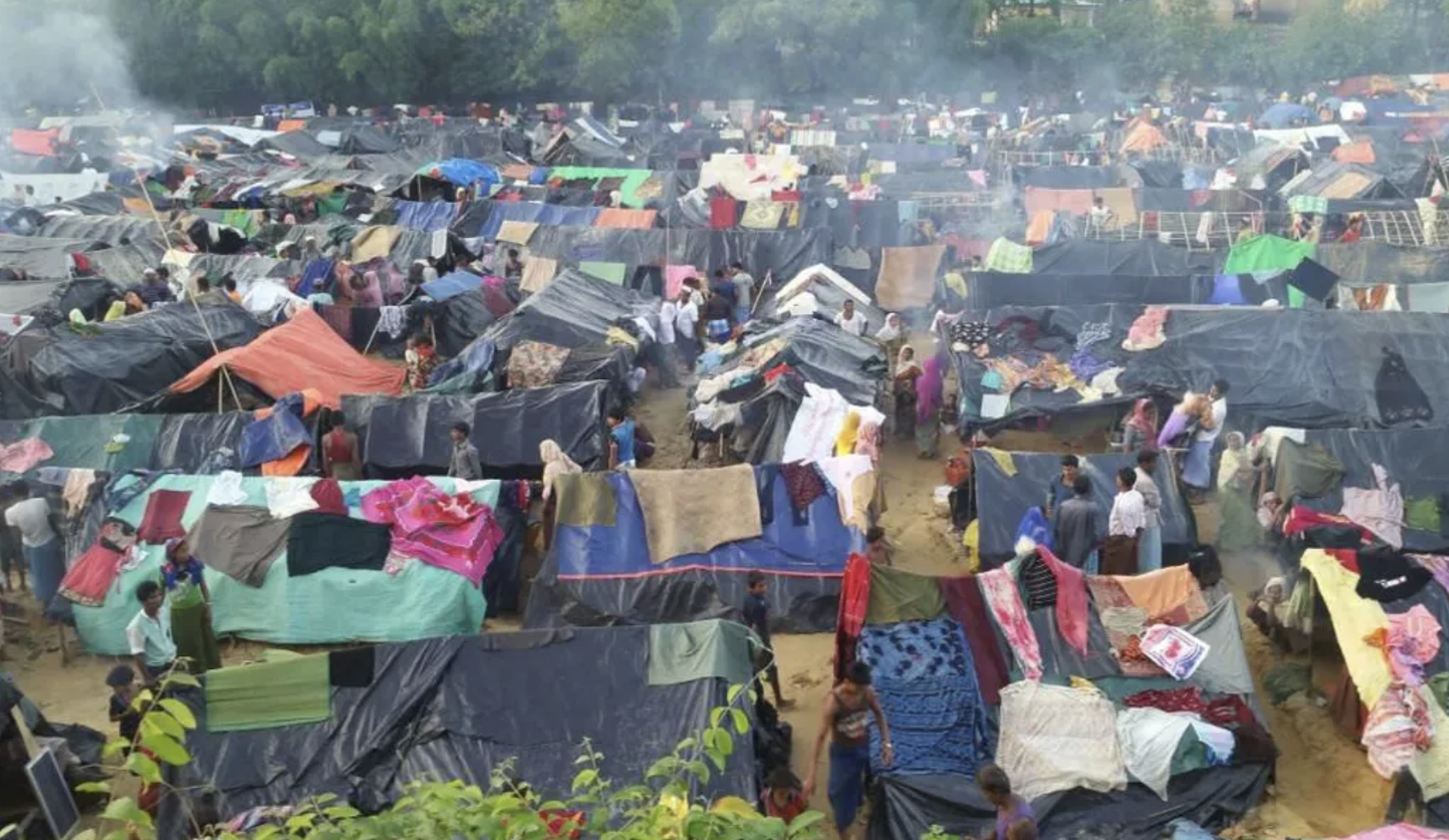NDP leader Jagmeet Singh introduced a motion in the House of Commons on Tuesday that called for the Liberal government to replace David Johnston as special rapporteur dealing with election interference. He won’t withdraw from the three-year confidence-and-supply agreement with Prime Minister Justin Trudeau if the latter won’t heed his call, however.
If you’re shaking your head in utter confusion right now, I wouldn’t blame you.
What’s the point of calling for a non-binding motion that has no real meaning, and no specific consequences, attached to it? With a subtle nod to the popular 1990s British sitcom, it’s all about keeping up appearances.
While it’s true that Singh hasn’t been completely mute during the bombshell allegations of Chinese interference in the 2019 and 2021 elections, he also hasn’t been a significant participant. “We don’t want to see any interference in Canadians’ ability to make decisions about their future,” he said in a news conference last November. He also joined the Conservatives and other opposition parties in support of a public inquiry in late February. “The way to stop alleged secret Chinese interference is to refuse to keep their secrets for them,” he said, and a “fully independent and non-partisan public inquiry is the way to shine a light into the shadows.”
Both statements were fine, but hardly revelatory or earth-shattering.
When Johnston recommended against holding a public inquiry on May 23, Singh’s response was rather tepid. The NDP leader called the decision “incredibly disappointing,” and suggested “we firmly believe Canadians would benefit from a fulsome, public investigation that maintains the integrity of our intelligence that must be kept confidential.” He also mentioned “New Democrats will keep pushing for an independent, public inquiry that gets people the answers they deserve and fully restores trust in our elections.”
What caused Singh’s shift from being incredibly disappointed with Johnston to calling for his head on a silver platter in one week’s time?
Some have suggested the news involving Johnston’s lead counsel, Sheila Block, could have had some impact. Democracy Watch revealed last week she had donated $7,593.38 to the federal Liberals between 2006-2022. Of the 19 separate political donations that were identified under “Sheila Block” and “Sheila R. Block,” none of them went to any other party.
Did this controversy change Singh’s opinion? It’s possible.
A more likely explanation is NDP MP Jenny Kwan recently being informed by CSIS that she was being targeted by the Chinese government. “What CSIS confirmed with me is that I was a target and I continue to be a target,” she said in the House of Commons foyer on May 29. “They use the term ‘evergreen’ meaning that I will forever be targeted.” Singh also spoke to reporters and made this assessment, “I’ve been very clear in not attacking Mr. Johnston personally and I’ve maintained that, but…It is very clear that the appearance of bias is so high that it erodes the work that the special rapporteur can do.”
What’s happened to Kwan is awful, of course. Singh has every right to be frustrated. Yet, he didn’t speak out as firmly when Conservative MP Michael Chong and former Conservative leader Erin O’Toole revealed the very same thing after their meetings with CSIS.
Therein lies the problem.
Singh’s newly-formed doubts about Johnston’s role as special rapporteur on foreign interference may have only materialized due to a caucus colleague, Kwan, getting caught up in this unfortunate situation. It leaves the impression that his political radar doesn’t focus on major controversies affecting Canada if the NDP isn’t involved in them. Even in the dog-eat-dog world of modern politics, where rigid ideology and partisan rhetoric are both understood, this particular stance doesn’t fly.
It’s also concerning that Singh largely ignored (or avoided) the red flags that started to rapidly appear when Johnston was named special rapporteur. Some were known, including the former Governor General of Canada’s association with the Trudeau family dating back to the 1970s and his previous status as a member of the Pierre Elliott Trudeau Foundation. Others were revealed and re-revealed, including Trudeau’s description of his newly appointed special rapporteur as a “family friend” in 2017 and Johnston’s long-term interest in China, including his two daughters having lived there for two years to study Mandarin.
Johnston was far too tied to Trudeau, his family and the matter at hand to be a truly impartial observer. It was always assumed the PM would pick someone he knew and trusted for this padded role, which lacks the political and legal authority to have any meaningful influence or sway. Nevertheless, the PM shouldn’t have chosen Johnston – and Singh, who has helped prop up this minority government, could have spoken out immediately and suggested Trudeau pick someone else.
He didn’t, and that moment has passed. If he hopes to have any meaningful impact in this discussion going forward, he’s whistling Dixie.
Many MPs in the House of Commons laughed uproariously at Singh last December after he exclaimed, “When I’m prime minister, I will keep my promises.” This slip of the tongue made him look ludicrous, out of touch with reality and completely delusional with respect to his political future. The NDP leader’s non-binding motion related to Johnston’s role as special rapporteur is further proof that Parliament’s reaction that day was wholly justified.
Michael Taube, a long-time newspaper columnist and political commentator, was a speechwriter for former Canadian prime minister Stephen Harper.





